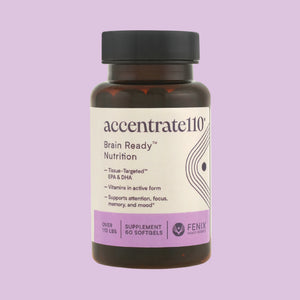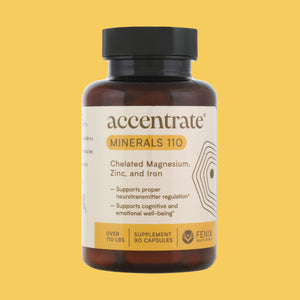The APOE4 gene variant can reduce the brain’s ability to absorb DHA, a key omega-3 for memory and cognitive function. Even with a diet rich in DHA from fatty fish or supplements, APOE4 carriers may struggle to get enough of this essential nutrient. Low DHA levels in the brain can weaken cell communication, increasing the risk of cognitive decline over time.
What is the APOE4 Allele?
The APOE (Apolipoprotein E) gene plays a crucial role in how the body processes fats, including cholesterol and essential fatty acids like omega-3s. There are three main variants of this gene:
- APOE ε2: Rare but may offer some protection against Alzheimer's.
- APOE ε3: The most common, considered neutral in risk.
- APOE ε4: Associated with an increased risk of developing AD and an earlier age of onset.
Each person inherits two copies of the APOE gene—one from each parent. If you have one or two copies of APOE4, your body may struggle to transport and utilize key nutrients, particularly DHA, a critical omega-3 for brain function.


Should You Get Tested for APOE4?
Genetic testing can determine your APOE genotype, typically through a blood sample or cheek swab. However, APOE testing comes with limitations. Having the APOE4 allele does not mean a person will develop cognitive decline, and not having APOE4 does not mean they are immune. Other lifestyle and genetic factors also play a role. For this reason, APOE genotyping is not a routine clinical test and is primarily used in research settings. If you’re considering testing, consulting a healthcare professional can help you understand its implications and whether it's the right choice for you.
Optimizing Brain Health with the Right Nutrients
For APOE4 carriers, standard fish oil may not be enough to deliver DHA where it’s needed most. The body relies on lysophosphatidylcholine (LPC) to transport DHA into the brain, and choline plays a key role in this process. Increasing choline-rich foods like eggs and fish, along with choosing a more bioavailable form of DHA, can help support cognitive function. Pairing these strategies with a brain-healthy lifestyle—including proper nutrition and exercise—can further promote long-term brain health.





